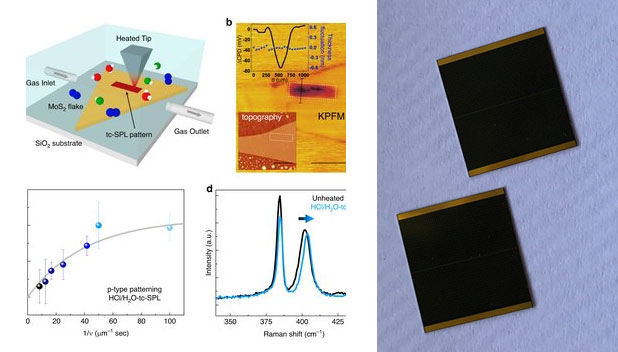Stephen Bedell and davood shahrjerdi are two researchers at Microsoft's IBM Thomas J. Watson research center.
IBM researchers recently found that the overall efficiency of the system can be improved by reusing the cooling water of the computer; Now they apply this principle to solar cells and make their overall efficiency more than 50%. Earlier this year, IBM researchers improved the efficiency of gallium arsenide (GaAs) solar cells by concentrating sunlight on the cell. In the experiment, the researchers used an oversized convex lens to gather sunlight, making a solar cell with an area of 1 square centimeter (CM) produce 70 watts of energy. Bruno Michel, advanced heat dissipation packaging technology manager of IBM's Zurich R & D laboratory, said that GaAs Solar IBM researchers recently found that the overall efficiency of the system can be improved by reusing the cooling water of the computer; Now they apply this principle to solar cells and make their overall efficiency more than 50%.

Earlier this year, IBM researchers improved the efficiency of gallium arsenide (GaAs) solar cells by concentrating sunlight on the cell. In the experiment, the researchers used an oversized convex lens to gather sunlight, making a solar cell with an area of 1 square centimeter (CM) produce 70 watts of energy.
Bruno Michel, advanced heat dissipation and packaging technology manager of IBM's Zurich R & D laboratory, said that GaAs solar cells are much more expensive than standard silicon cells, but they are also more efficient. Michel said that the maximum efficiency of GaAs solar cells on the market is slightly higher than 41%; And such high efficiency is worth it.
There is still much room for improvement in the efficiency of GaAs solar cells; IBM will further develop the potential of this technology in a plan in cooperation with the Egyptian government. In this project, engineers use not only the electric energy generated by high-power solar cells, but also the heat energy generated by them.
Through the above methods, it is said that the solar photoelectric output can be greatly improved, and the overall heat dissipation efficiency of the system can also be significantly improved; "Our goal is to increase efficiency to more than 50 percent," Michel said. The waste heat in the plan can be used as another "green" application: engineers use it to desalinate seawater.